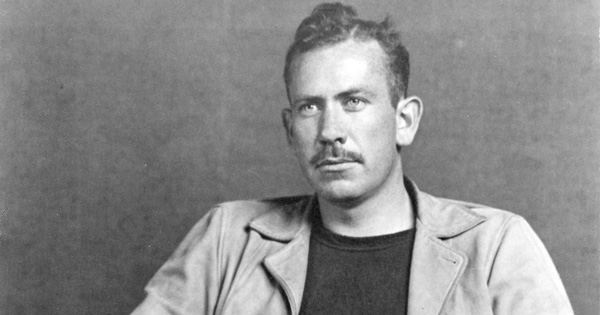The Tragic Miracle of Consciousness: John Steinbeck on the True Meaning and Purpose of Hope
We hope, we despair, and then we hope again — that is how we stay afloat in the cosmos of uncertainty that is any given life. Just as the universe exists because, by some accident of chance we are yet to fathom, there is more matter than antimatter in it, we exist — and go on existing — because there is more hope than despair in us. “Hope,” the great Czech dissident playwright turned president Václav Havel wrote, “is not the same as joy that things are going well, or willingness to invest in enterprises that are obviously headed for early success, but, rather, an ability to work for something because it is good, not just because it stands a chance to succeed.” Hope, I have long believed, is the antidote to cynicism — that most cowardly and self-defeating of existential orientations. Hope, Rebecca Solnit reminds us, “is a gift you don’t have to surrender, a power you don’t have to throw away.” For it is a power indeed — the power to pull ourselves up by our bootstraps from even the darkest and most dispiriting of circumstances, so that we may go on reaching for the light. In this capacity, hope might be our greatest evolutionary adaptation — the mitochondria of our spiritual metabolism, the opposable thumb of our grip on life.
That function of hope is what John Steinbeck (February 27, 1902–December 20, 1968) explores from an uncommonly illuminating perspective in a portion of The Log from the Sea of Cortez (public library) — his forgotten masterpiece about how to think, wrested from a marine biology expedition into the Gulf of California at the outbreak of a World War.
Continued here